Background
Bali Fab Fest
Bali Fab Fest is a learning experience for both international participants and local stakeholders who invest their efforts into inventing and realizing the world that is coming next, responding to global challenges such as climate change and social exclusion through small scale interventions in situated communities. The event aims to promote and enable meaningful collaborations between innovators, makers, entrepreneurs, organizations, and the public sector.
It has been devised by local and international partners in an effort to bring new ideas together with tradition to design and prototype possible paths for Bali towards regenerative economy as the first ‘Fab Island’ that produces everything it consumes. An inspiration for the rest of the ASEAN region and the world.
It brings together two major annual events, the 17th edition of the Fab Lab Conference and 7th Fab City Summit 2022, including the annual pledge for new cities to join the Fab City Network and the annual Academany graduation ceremony.
















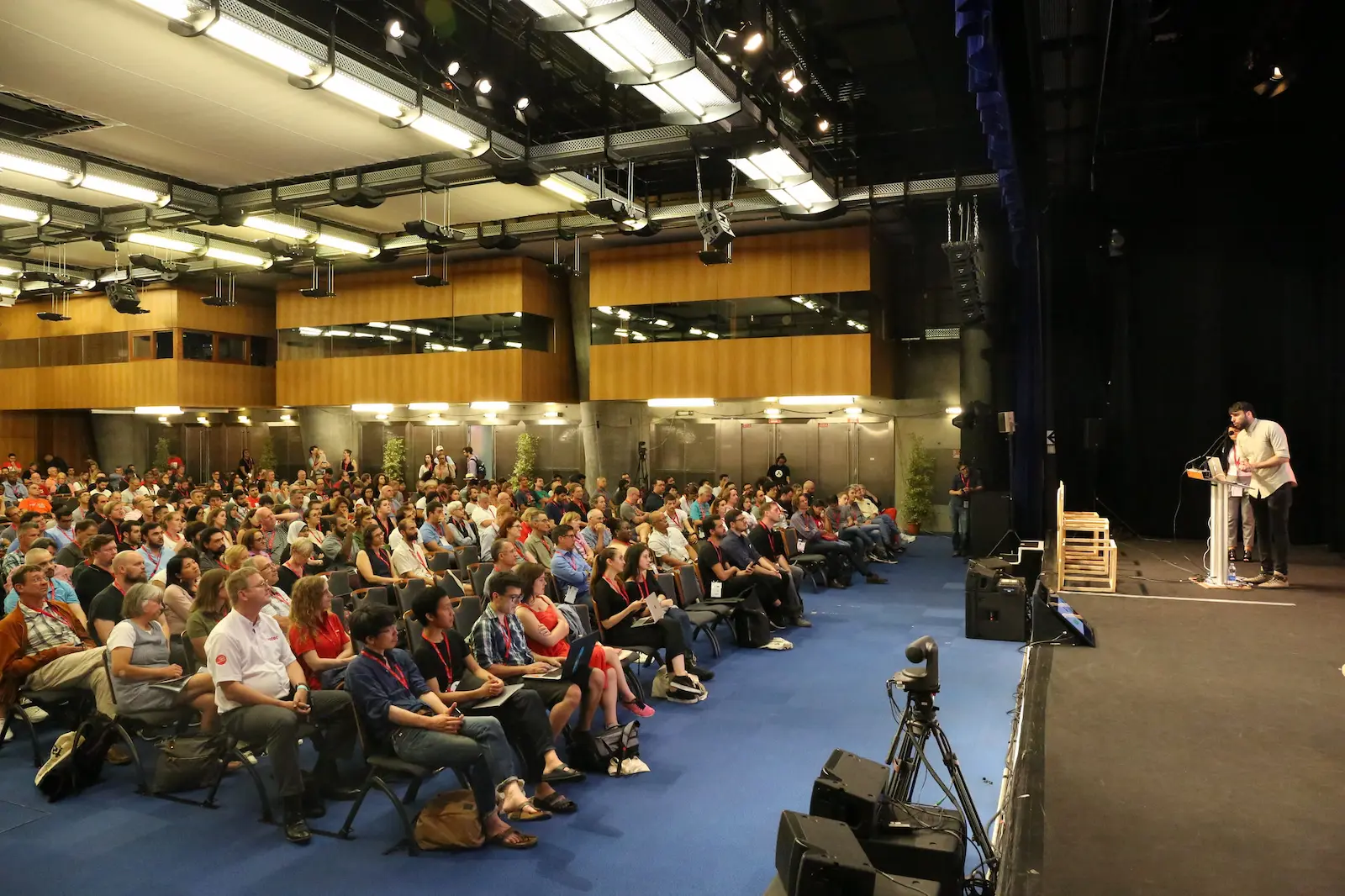






Event Concept
Bali Fab Fest is a unique event in which the Fab Lab Conference and the Fab City Summit will converge. The thematic focus in Bali is “Designing Emergent Realities”, aiming to boost the transformation of the island’s economy through the hybridization of local and global knowledge. Such efforts will be orchestrated using the Fab City Full Stack, a multiscalar framework for developing new strategies for distributed production in cities and regions.
Accomplishing the Fab City goal of cities producing (almost) everything they consume is not an easy task. We have been unpacking this challenge in many ways over a period of years, and finally discovered that the Full Stack allows us to make our goals operational through a series of complementary layers. Therefore, the Fab City Full Stack will be the backbone framework for the organization of the Bali Fab Fest, guiding how we organize the daily activities, the workshops, and the submission of research papers, among other meaningful experiences that will be developed locally. We invite you to read more about the Fab City Full Stack here and get prepared for the Bali Fab Fest.
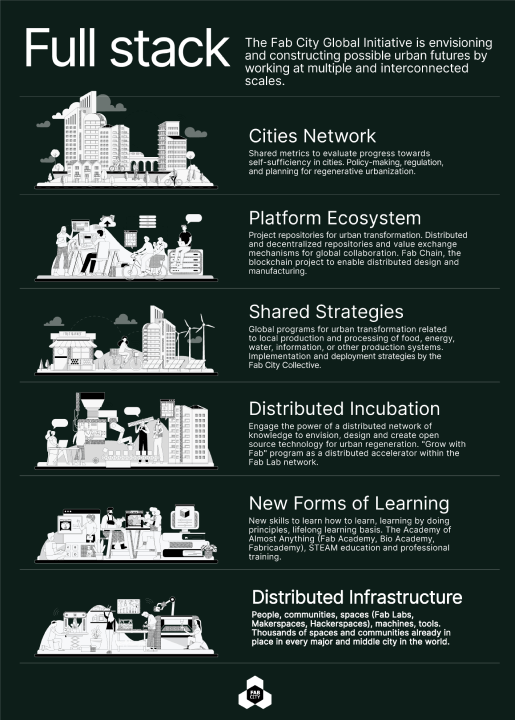
FULL STACK
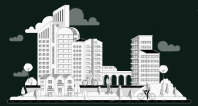
CITIES NETWORK
Shared metrics to evaluate progress towards self-sufficiency in cities. Policy-making, regulation, and planning for regenerative urbanization.

PLATFORM ECOSYSTEM
Project repositories for urban transformation. Distributed and decentralized repositories and value exchange mechanisms for global collaboration. Fab Chain, in the blockchain project to enable distributed design and manufacturing.

SHARED STRATEGIES
Global programs for urban transformation related to local production and processing of food, energy, water, information, or other production systems. Implementation and deployment strategies by the Fab City Collective.

DISTIBUTED INCUBATION
Engage the power of distributed network of knowledge to envision, design and create open source technology for urban regeneration. "Grow with Fab" program as as distributed accelerator within the Fab Lab network.

NEW FORMS OF LEARNING
New skills to learn how to learn, learning by doing principles, lifelong learning basis. The Academy of Almost Anything (Fab Academy, Bio Academy, Fabricademy), STEAM education and professional training.

DISTRIBUTED INFRASTRUCTURE
People, communities, spaces (Fab Labs, Makerspaces, Hackerspaces), machines, tools. Thousands of spaces and communities already in place in every major and middle city in the world.
The Fab Lab Network
The Fab Lab Network is a global network of 2000+ domestic-scale digital fabrication spaces in over 100 countries – including four currently registered in Indonesia. With over 2500 Fab Labs and several thousand maker spaces around the world, access to emergent technologies such as 3D printing, Artificial Intelligence, biotechnologies, and blockchain, has increased significantly. Fab Labs, hackerspaces, and maker spaces are providing the tools that individuals and communities need in order to innovate and solve local problems. That access gives communities local opportunities for sustainability, resilience, and independence, all of which are needed in a world in crisis.
The current, digital technology development environment, this disruptive technology wave, is opening pathways to develop novel models of production for small and medium-size communities around the world, thanks to the increased access to capabilities to make (almost) anything that is needed to support their life systems. From the conservation of natural ecosystems to the production of energy and food, to the development of new tools and new materials, this emergent productive model is growing rapidly, powered by open knowledge networks that move bits not atoms and provide access to distributed infrastructure for local production in almost every corner of the world.
The Fab City global initiative
Fab City builds on the ideals of the Fab Lab such as connectivity, culture, glocalism and creativity, and scales it to the City. It implements the logic ‘from bits to atoms’ at the urban scale using the model: PITO (Product In Trash Out) to DIDO (Data In Data Out). It aims to build sustainable ecosystems of production and knowledge to enable the connectivity from the 3D printer at home, to the neighborhood Fab Lab, to a local factory and global logistics infrastructure. Part of our global initiative is a network of 41 cities and regions and a Collective of individual stewards. New cities will pledge to the Fab City Network during Bali Fab Fest.
Organisers


The Center for Bits and Atoms at MIT and the Fab Foundation is facilitating local accessibility to tools for technology innovation and production.
Through foundational research into machine design, machine fabrication, sustainable material production, and use, as well as the education to use the tools and materials for sustainable and innovative solutions, they support the global Fab City Initiative and the global Fab Lab network by disseminating relevant knowledge and practices across the world.
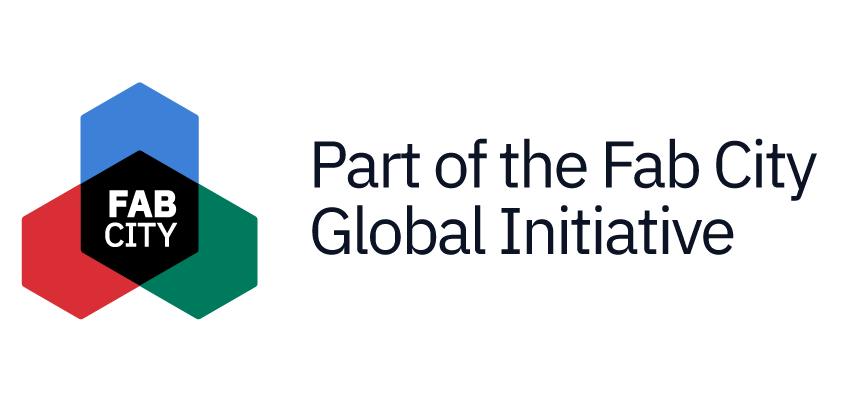
The Fab City global initiative is facilitating the connection between the maker movement and policymakers in order to build critical momentum toward the development of this new production paradigm, one food, energy, and products are made locally, using local infrastructure and materials. The knowledge and formulas created for this local production are then shared globally, thanks to the power of the Internet.
Based in Bali (Indonesia), Meaningful Design Group (MDG) will integrate the local approach to life of the indigenous cultures at its core, by seeking the balance between human wellbeing, community development, and environmental regeneration (Tri Hita Karana). Tri Hita Karana is part of the fundamental philosophy of living of the Balinese people, and its meaning refers to three causes for prosperity. Prosperity is understood as the balance between spiritual wellbeing, social wellbeing, and environmental well-being. MDG embeds the Tri Hita Karana philosophy in its programs, events, and projects in order to enhance the role of design and innovation in our society, and transcend the mono cultivation of economic growth, or GDP, in our global consciousness.
Team Member
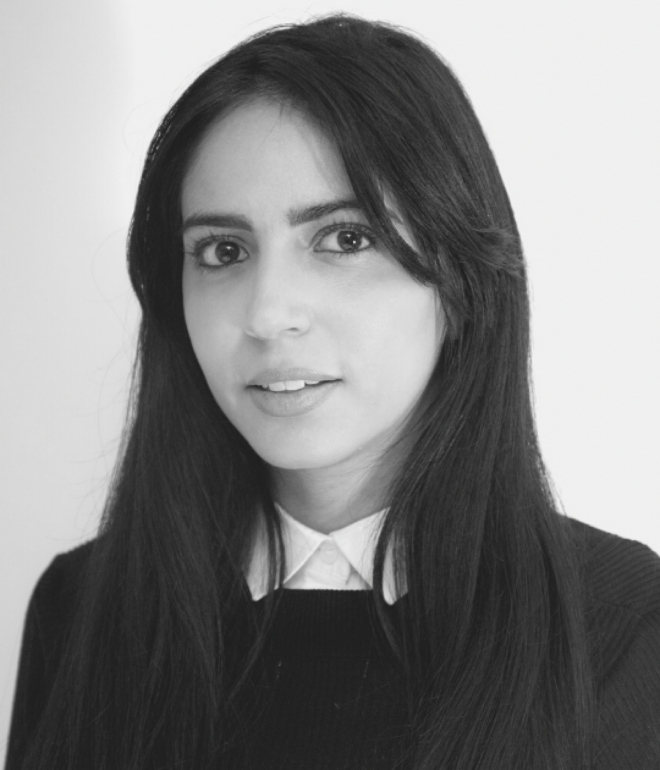
Norella Coronell
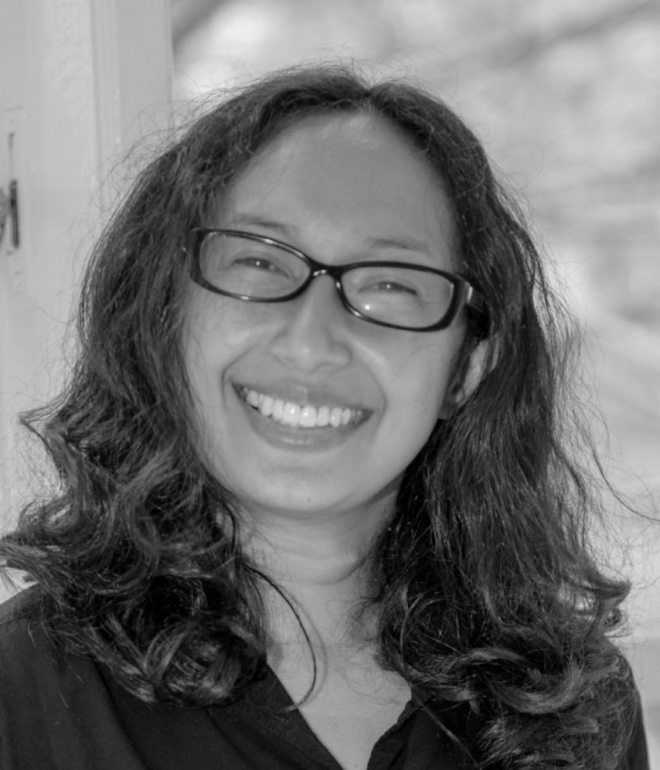
Primy Jelis
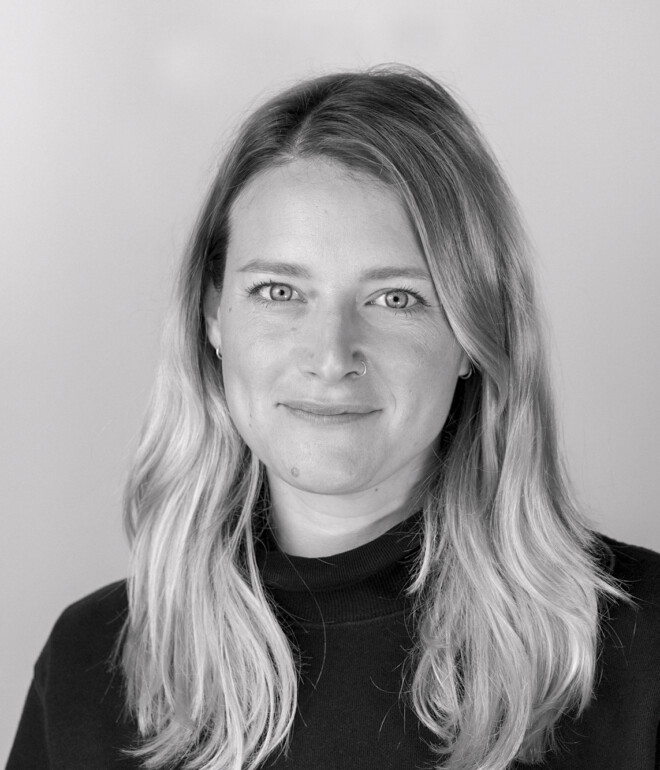
Kate Armstrong
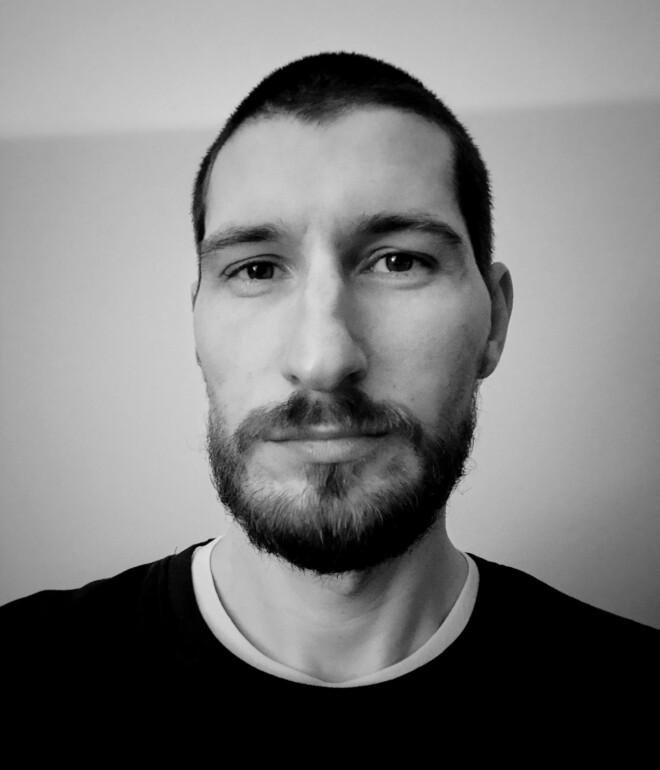
Lucas Lemos
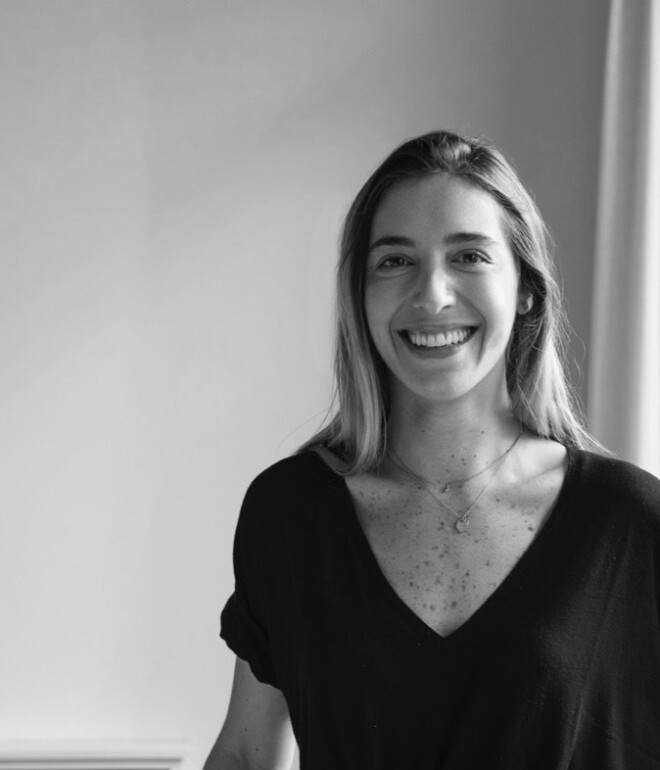
Josefina Nano
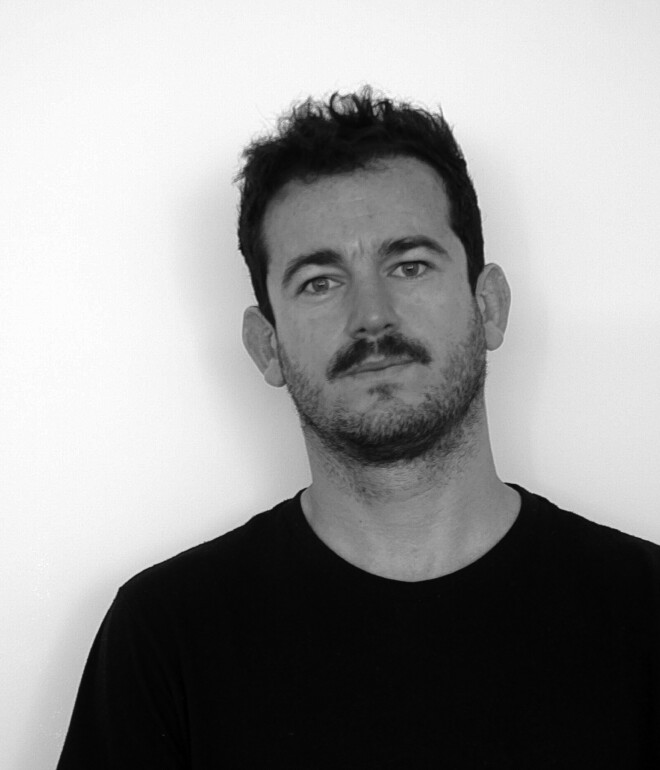
Tomas Vivanco
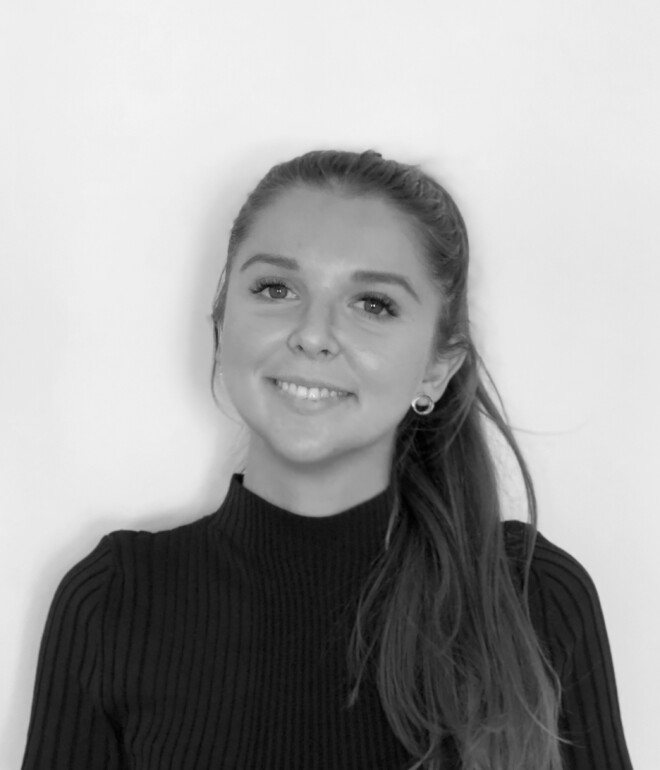
Ida Jusic

Francisco Sanchez
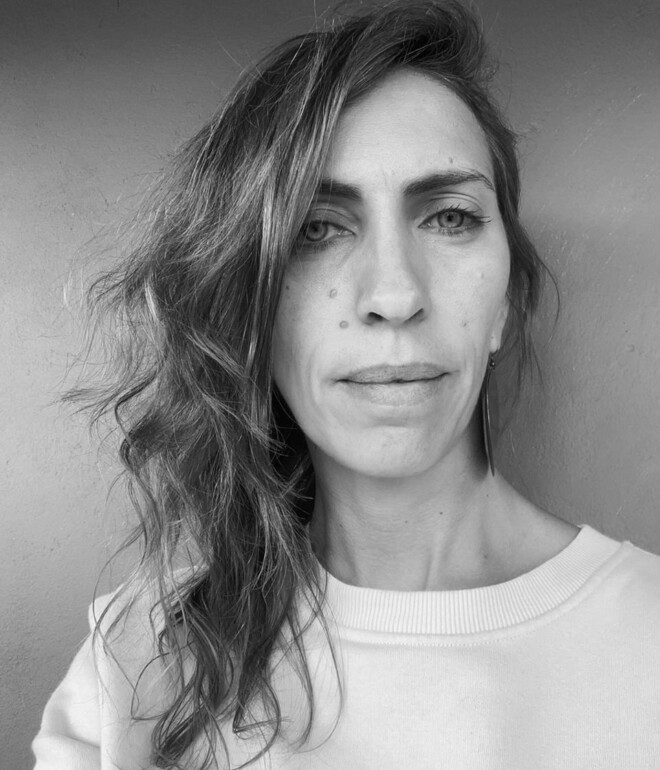
Carolina Ferro
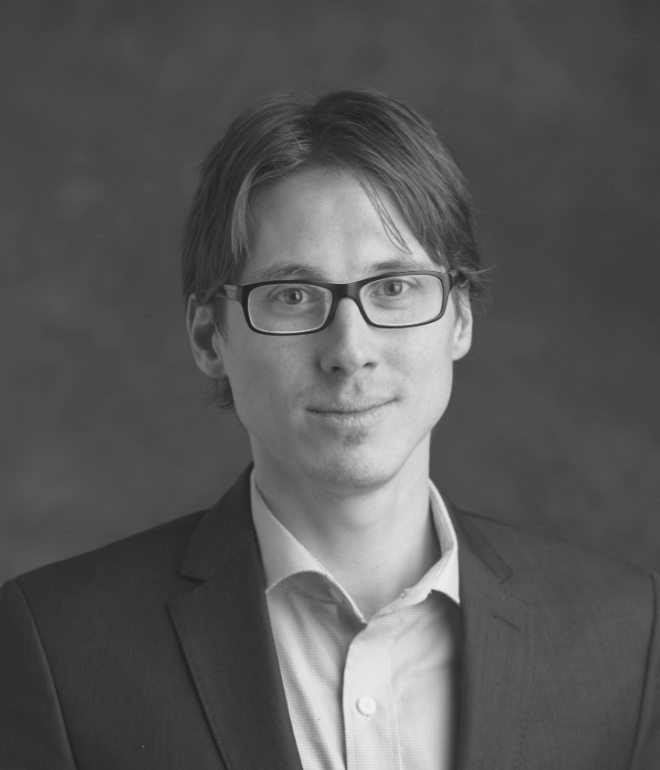
Jean-Michel Molenaar

Join us:
Oct
12 - 22, 2022
Bali, ID
Need help with ticketing? More information?
Contact Fab Foundation or Fab City Foundation
fab17[AT]fabfoundation.org info[AT]fab.city
Creative Commons Atributions-Share Alike 4.0 International Lisence